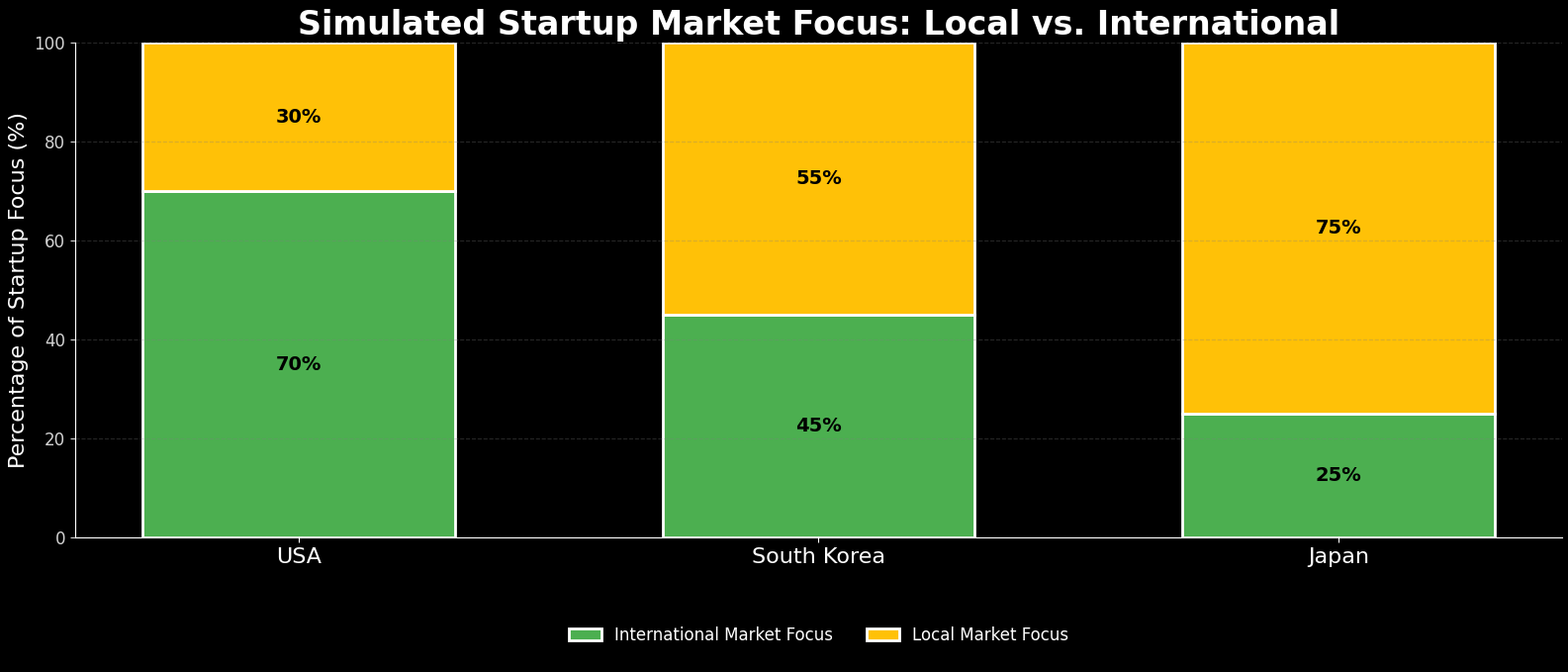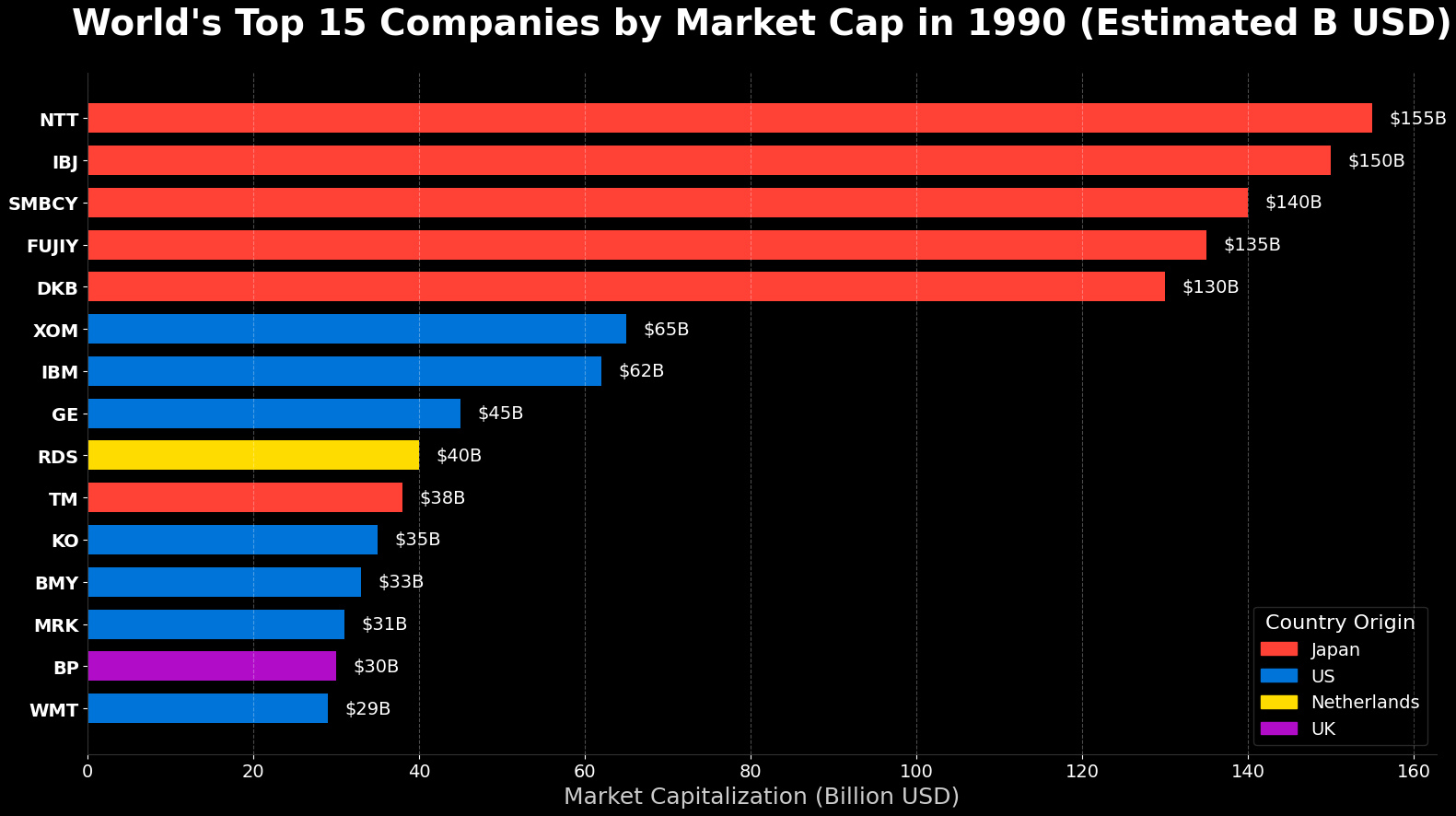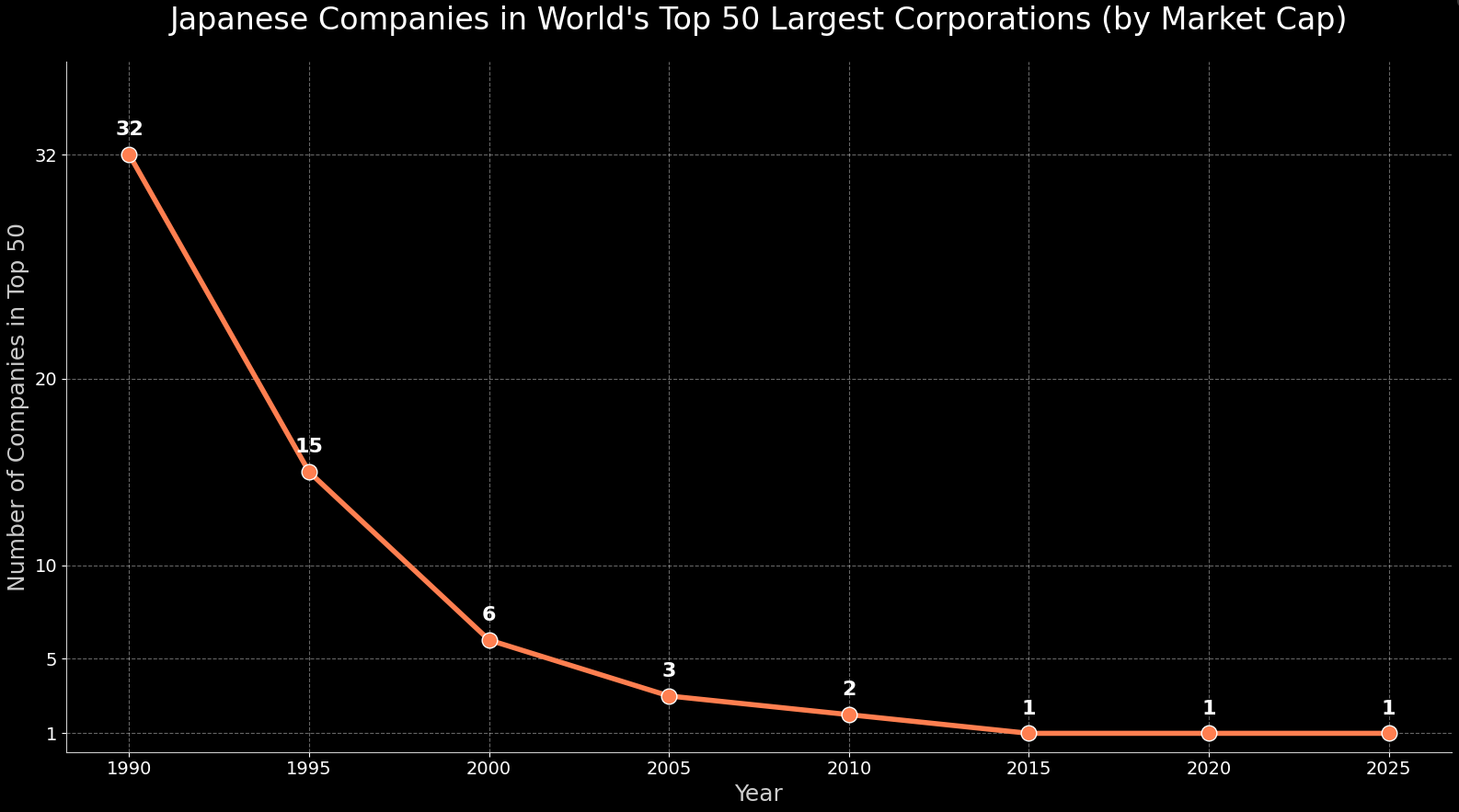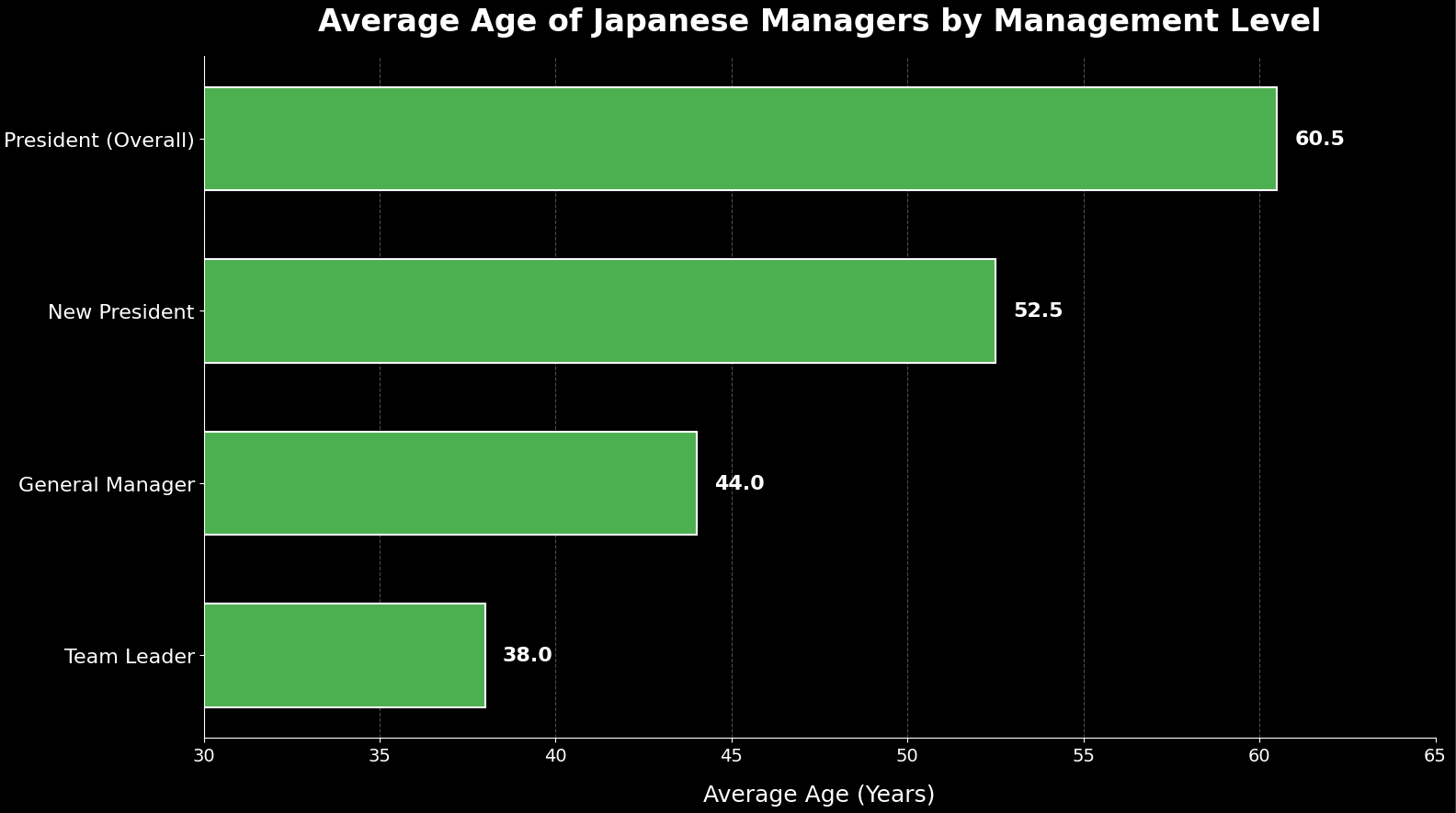Galápagos Syndrome
I was recently reading a lot of Japanese industry and corporate culture and how it is impacting its society and people's lifestyle. It is a fascinating subject. The term Galápagos Syndrome is primarily used in business and technology studies, particularly of Japanese origin, to describe the phenomenon where a product or service develops in relative isolation from global trends, focusing intensely on the unique demands of its local market. Obviously the name is nod towards Charles Darwin and the unique flora and fauna of the Galápagos islands, where they have unique evolution due to their geographic isolation.

Image created by Leonardo
-
Isolated Development: The product or technology evolves to be hyper-specialized for the domestic market.
-
Unique Features: It gains many features that are highly successful and widely adopted locally but are incompatible with, or unwanted in, the rest of the world.
-
Failure Abroad: Despite being technologically advanced (in some cases), the product struggles to compete or is unsuccessful in the international market because it doesn't meet global standards or consumer needs.
I have learned that Japan had QR code and touch to pay from phones, almost 10 years before it was standardized in iPhone. It was invented during the Japanese 3G mobile phone market in the early 2000s, where "feature phones" (Garakei, a blend of Galápagos and Keitai or "mobile phone") were highly sophisticated with features like mobile payments, television, and advanced cameras, but used standards and proprietary systems incompatible with international networks and devices. Therefore, outside Japan, no one ever heard of them. I consider myself fairly technologically updated (at least with the major trends) and yet, I have never heard of them, until I did this research.
If I can make money here, why focus overseas?
This is not just for the corporations only I think, it is also a general psychological trait from educated Japanese individuals. They don't go and work aboard as much a other similar Asian nationals, say Indians, Filipinos, Chinese etc. They used to have a large population relative to their technological product in the post-world war market. Yeah, Sony, Canon, all the Japanese car makers, all the Japanese game makers did go overseas, in the 80s and early 90s, but they remained focused on the domestic market.

Here, is a simple plot to display how much of the technological products sells in the domestic vs international market for the three countries. South Korea is a classic example. They have a smaller land area and a smaller population compared to Japan, so they never had a choice to stay domestic. That fact helped the south Korean industries tremendously.
1990s growth engine now stalled
In the 1990s, there were 32 Japanese companies in the top 50 corporations of the world based on market cap. Lots of them were banks. Yes, that is the Quantitative Easing 1.0, and the beginning of the Japan's real estate bubble burst and the multiple lost decades that follows. That is a massive topic by itself! Nonetheless, I find it instructive to look at just 15 top corporations of 1990. There are 6 Japanese corporations in the top 15 alone, with top 5 exclusively Japanese!

| Rank | Ticker | Full Name | Estimated Market Cap (B USD) | Country |
|---|---|---|---|---|
| 1 | NTT | Nippon Telegraph and Telephone Corporation | $155 | Japan |
| 2 | IBJ | The Industrial Bank of Japan, Limited | $150 | Japan |
| 3 | SMBCY | The Sumitomo Bank, Limited (Predecessor of SMBC) | $140 | Japan |
| 4 | FUJIY | The Fuji Bank, Limited | $135 | Japan |
| 5 | DKB | The Dai-ichi Kangyo Bank, Limited | $130 | Japan |
| 10 | TM | Toyota Motor Corporation | $20.8 | Japan |
Only Toyota remains in the top 50 today, at position 48! Rest are mostly poof! Also that is nothing new, that happened in 2015, and haven't changed since.

This plot is amazing no matter how many times I look at it. Japanese technology companies completely missed out on recent trends. Sony was making Blue Ray Discs, when Netflix was working on streaming. They almost completely missed out on graphics card and innovations by NVDA. They missed the smartphone market to Samsung and AAPL. They have virtually no footprint in AI technologies. Even their car market dominance is slowing down today against Korean and American car makers.
I am told lot of that had to do with corporate culture in Japan that is from the Cretaceous age! Managers are inflexible morons, and clueless about the modern business culture. They are only there to keep their own jobs because they can't find employment elsewhere. Workforce is static, and how many hours you stay at your desk is valued over how fast and innovative you are at your productivity where ever you are physically. Managers are also busy in doing office politics as opposed to break the internal and external barriers. All that leads to a toxic workplace culture and employees who are unhappy.
Innovation dies in a place like that.
I don't think this corporate culture in Japan will change. It is hard to fire people in Japan. It is even harder to fire managers. So until they die or retire, they will be employed.

Assuming the GMs retire in 60 years (they are in the middle and stuck!), we are looking at 16 years at the minimum. That is 2041. I say that will be too late for Japan.

